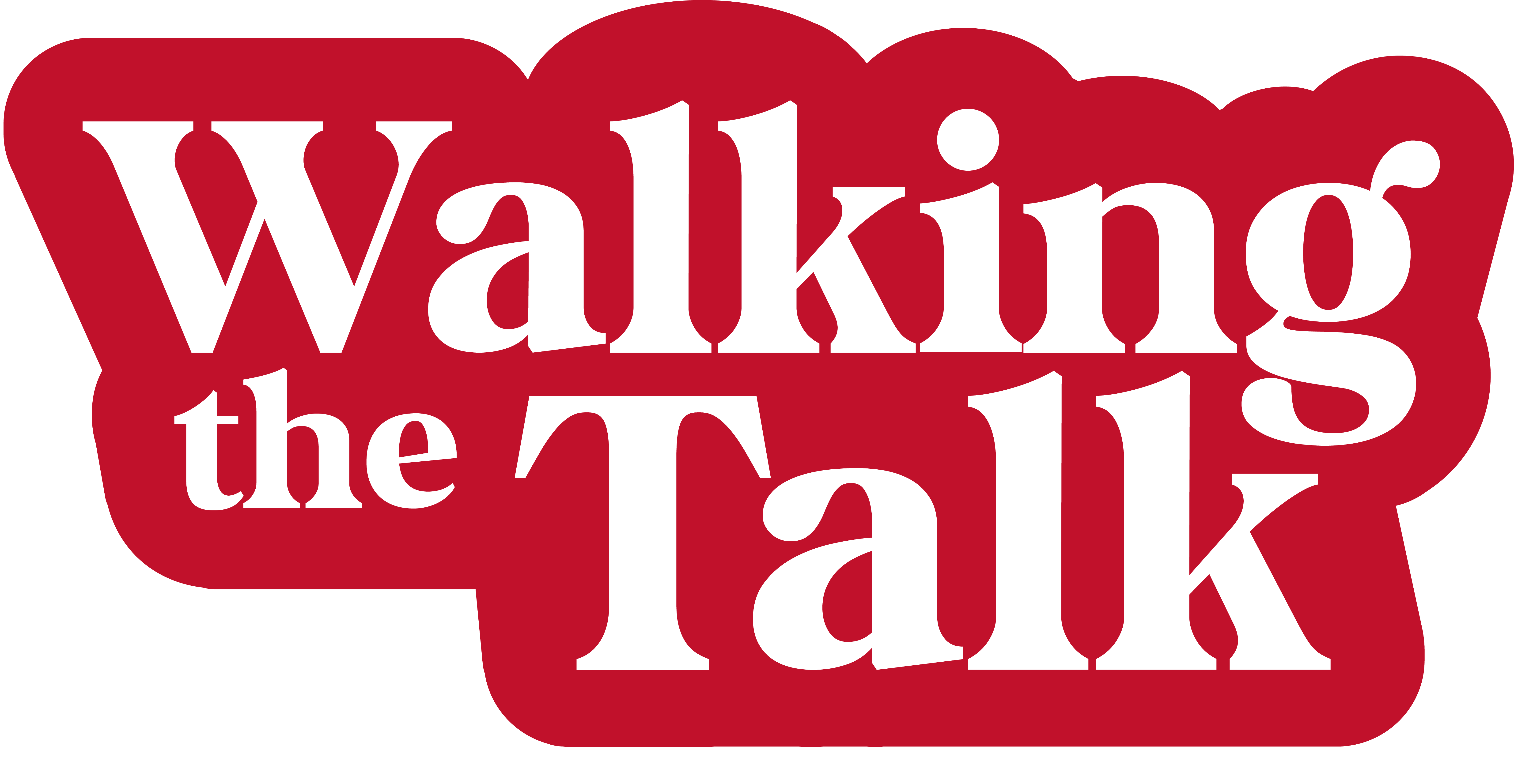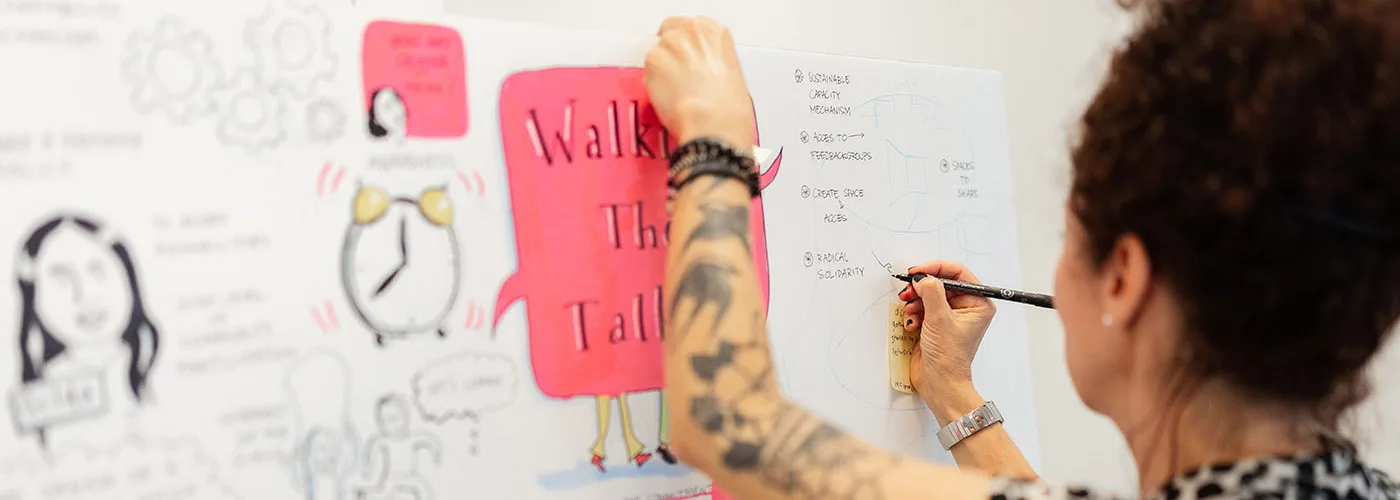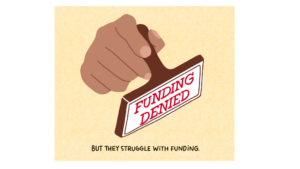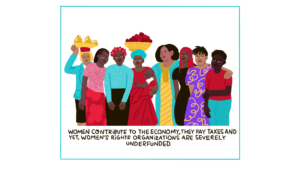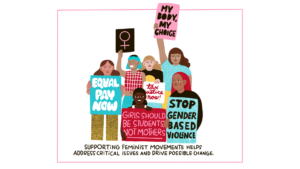Key information
Research tracks: Track 2 – Show us the private money
Region: Asia
Country: India
Researchers: Misra Ami, Pal Prachi, Mahima Sharda, Pratyasha Jha and Aanshi Gupta
Summary
This research aims to explore key principles and best practices in feminist grant-making, particularly those applicable to the Majority World, with a focus on India and Asia. It will examine how feminist grant-making strategies foster proximate leadership and create intergenerational benefits for women, girls, and gender minorities. The study will also investigate how women and queer-represented family philanthropy can leverage these feminist strategies to expand and diversify their portfolios. Additionally, it will assess the intentionality of these philanthropies in adopting a GEDI approach. Finally, it will seek to identify pathways for cross-pollinating these insights into family giving across the Majority World.
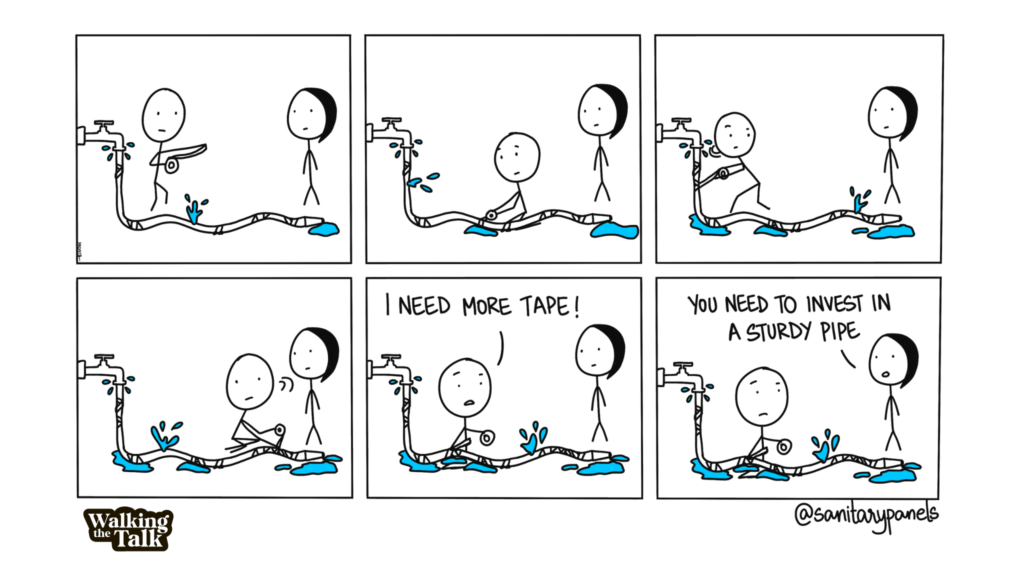
Advocacy Asks
- Strengthen the adoption of equitable and intersectional perspectives in philanthropic giving.
- Integrate a Gender, Equality, Diversity, and Inclusion (GEDI) lens in philanthropy by shifting power to proximate leaders.
- Lean into the expertise of feminist praxis to reshape funding practices in India and Asia.
Methodology
- Secondary research: Literature review and breakpoint analysis to set context and identify opportunities and challenges.
- Semi-structured interviews: Interviews with 10-14 key informants, comprising civil society practitioners, academics, feminist grantmakers, and thought leaders.
- Reflective tool: Rubric integrating good practices from GEDI intentional organizations to act as a reflective tool for funders to inspire positive change in giving patterns.
